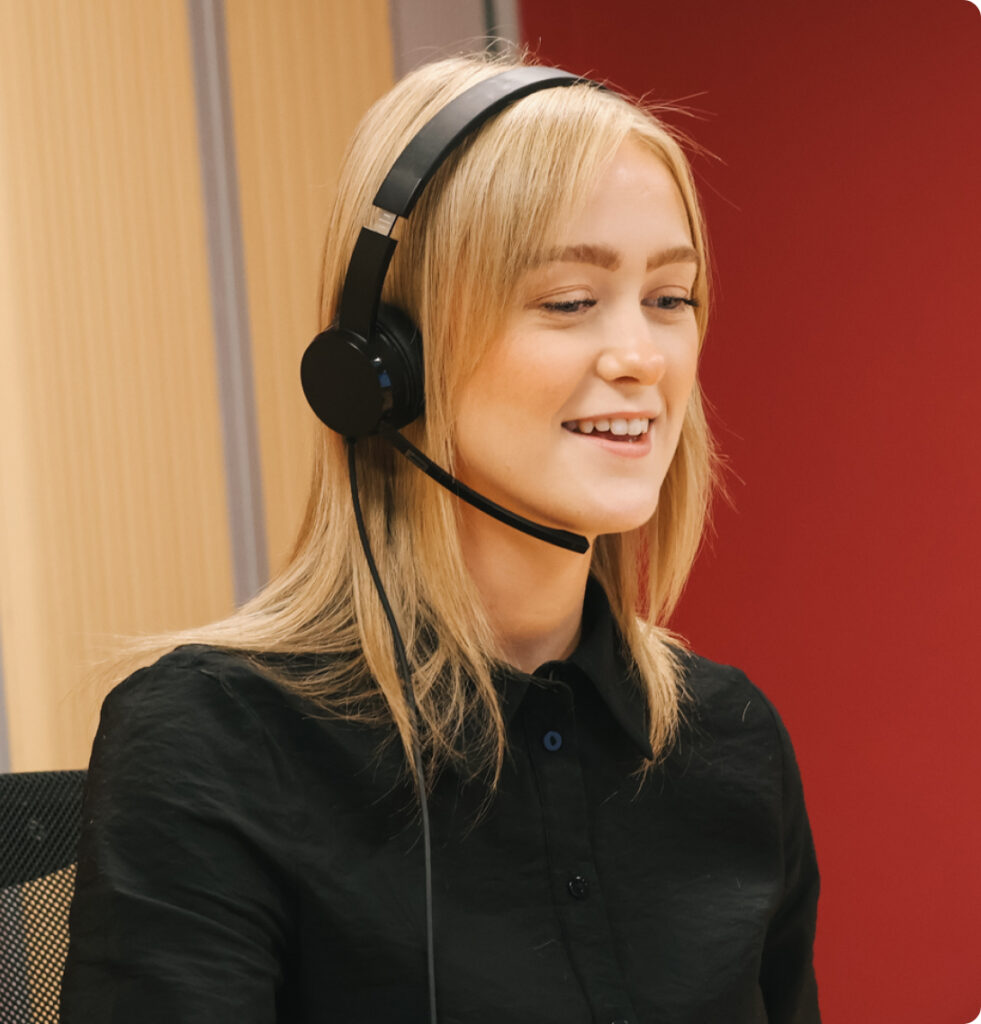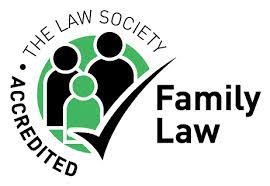In the UK approximately 100,000 people suffer a stroke each year. The effects of a stroke can be life changing not only to the person who has suffered a stroke but to those around them. May 2024 is National Stroke Awareness Month in the UK, an initiative set up to educate and raise awareness of the impact strokes can have.
Through our work acting for clients in clinical negligence cases, we often see the devastating impact that strokes can have on people’s lives. At the end of this article we will briefly touch upon the types of claim we deal with and highlight the importance of bringing claims where avoidable injury has occurred.
What is a stroke?
A stroke occurs when the supply of blood to the brain is reduced or cut off completely, this prevents oxygen and nutrients reaching the brain. Urgent treatment is essential to reduce the likelihood of severe brain damage.
The three main types of stroke are:
- Ischaemic stroke
- Transient ischaemic attach (TIA)
- Haemorrhagic stroke
An ischaemic stroke
An ischaemic stroke is the most common type of stroke.
An ischaemic stroke occurs when the blood supply to the brain is blocked. When this happens, brain cells die, often resulting in irreversible damage. Damage to brain cells affects how a person’s body works and how they think and feel.
In the event of an ischaemic stroke, specialist care and treatment, including medication to reduce the likelihood of suffering another stroke, should be provided as quickly as possible.
Transient ischaemic attack (TIA)
Suffering a transient ischaemic attack, also referred to as a mini-stroke, is a warning sign that a person is at risk of having a stroke.
A transient ischaemic attack is caused by a clot blocking the blood supply to the brain, stopping blood flow from travelling to the brain for a short period of time. When the clot moves away, the stroke symptoms stop.
The risk of suffering a stroke is greatest within the first days and weeks after a suffering a transient ischaemic attack. Urgent treatment is important to determine what caused the attack and prevent the progression of a stroke.
Haemorrhagic stroke
A haemorrhagic stroke occurs due to bleeding in or around the brain, the blood supply to part of a person’s brain is cut off which kills their brain cells.
Bleeding can occur within the brain (intracerebral haemorrhage or ICH) or on the surface of the brain (subarachnoid haemorrhage or SAH), in each case, emergency treatment is required to reduce bleeding and limit the amount of damage to the brain.
How to identify a stroke
The Stroke Association encourage people to identify a stroke using the FAST acronym:
- Face weakness: Can the person smile? Has their mouth or eyes drooped?
- Arm weakness: Can the person raise both arms?
- Speech problems: Can the person speak clearly and understand what you say? Is their speech slurred or garbled?
- Time: Time to call 999 if you see any of these signs.
Acting ‘FAST’ to identify a person suffering a stroke gives the best chance of survival and recovery; it is estimated that there are around 1.3 million stroke survivors in the UK attributed to acting FAST.
How can we help?
At Oliver & Co our medical negligence team have acted for stroke survivors and the families of those who have suffered a stroke or stroke related injury as a result of medical negligence. We ensure that those affected are compensated so that they can begin to rebuild their lives, from recovering lost wages, or paying for rehabilitation fees or medical treatment, or compensating families for the loss of a loved one.
We recently helped a patient who had suffered from a subarachnoid haemorrhage due to a delayed diagnosis earn a settlement of £2 million in compensation. We also secured compensation for the family of a patient who had suffered a stroke and received poor treatment whilst in hospital, unfortunately the patient did not recover and sadly passed away.
Get in touch
If you or a loved one has suffered a stroke or stroke related injury due to medical negligence, we may be able to help. Our medical negligence team benefits from in-house medical knowledge from our head of department, Linda Schermer-Jones, who is dual qualified doctor and solicitor.
We therefore have the ability to assess areas of potential negligence quickly and efficiently, that you, or a loved one, may have suffered.
Please do not hesitate to contact one of our specialist team members today for free advice in relation to a potential medical negligence claim on 01244 354688.













